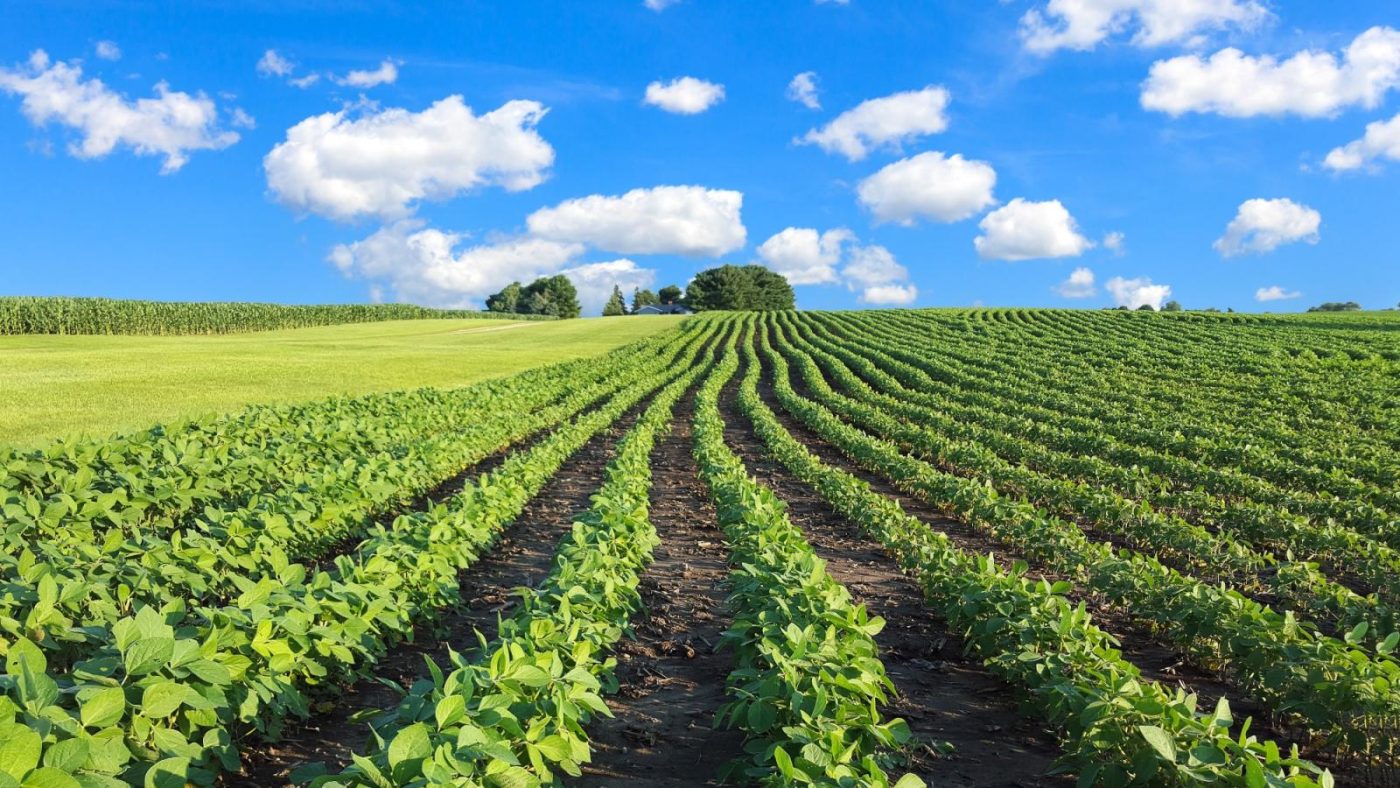NEWS
Unveiling Unintended Consequences: Organic Farms and Pesticide Use
Unveiling Unintended Consequences: Organic Farms and Pesticide Use
Unraveling the Organic Conundrum
Organic farming, long lauded for its eco-friendly practices, has come under scrutiny following a groundbreaking study in California. While organic farms burgeon in acreage, an unexpected phenomenon has emerged: nearby conventional farms exhibit a spike in pesticide usage to combat heightened insect threats. This revelation, detailed in the latest issue of Science, underscores the intricate interplay between different farming methods and their unintended consequences.
Lead researcher Ashley Larsen, from the University of California, Santa Barbara, emphasizes the importance of discerning these dynamics to safeguard the operations of both organic and conventional farmers. As organic farming continues its upward trajectory, mitigating unintended harm becomes paramount.
Interconnected Impacts: The Role of Surrounding Fields
The study, conducted in California’s Kern County over seven years, scrutinized 14,000 fields to unravel the intricate relationship between organic and conventional farming practices. While organic acreage has surged since 2000, accounting for a minute fraction of US farmland, the ramifications of this shift reverberate across agricultural landscapes.
Surprisingly, when organic farms are nestled amidst other organic fields, their reliance on pesticides diminishes. This phenomenon, attributed to shared ecological principles and the deployment of natural predators, underscores the potential benefits of clustering organic farms together.
Navigating the Divide: Policy Implications
While the study prompts reflection on the spatial dynamics of farming, the prospect of segregating organic and conventional farms raises complex policy dilemmas. Farmers across the spectrum express reluctance towards restrictive policies, advocating for collaborative solutions that accommodate diverse agricultural practices.
However, amidst debates on policy interventions, concerns linger regarding the study’s scope. Critics highlight the absence of insect population data, suggesting that increased pesticide usage may stem from precautionary measures rather than actual pest proliferation.
Conventional Response to Organic Expansion
Insights from the study shed light on how conventional farmers perceive nearby organic operations. Organic farms are perceived as potential “hot spots” for pests, prompting conventional farmers to intensify pesticide applications as a preemptive measure. This defensive stance reflects broader trends in agricultural practices, where neighboring farms influence each other’s pest management strategies.
Seeking Holistic Solutions
As discussions on the environmental footprint of farming practices gain traction, calls for a comprehensive evaluation of agricultural methods grow louder. While pesticide usage serves as a tangible metric, its implications extend beyond insect control, encompassing human health, ecosystem diversity, and environmental sustainability.
In navigating the complex landscape of modern agriculture, stakeholders emphasize the need for collaborative, holistic approaches that transcend traditional divides between organic and conventional farming. Only through concerted efforts can the shared goal of sustainable agriculture be realized, fostering resilience and stewardship of the land for future generations.

